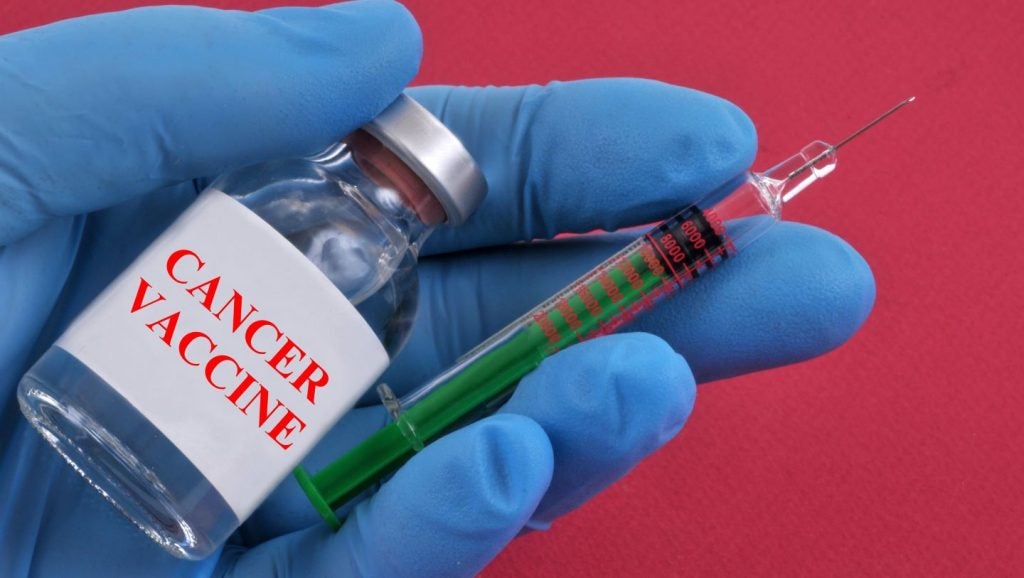BioNTech has treated the first subject in a Phase II clinical trial of cancer vaccine candidate, autogene cevumeran (BNT122, RO7198457) to treat resected pancreatic ductal adenocarcinoma (PDAC), a type of solid tumour.
Autogene cevumeran is a messenger ribonucleic acid (mRNA)-based individualised neoantigen-specific immunotherapy (iNeST) candidate.
BioNTech is co-developing the vaccine candidate along with Roche unit Genentech. The vaccine encodes for up to 20 cancer mutations that are specific to patients.
The open-label, randomised, multicentre trial will assess the safety and efficacy of the vaccine along with atezolizumab and chemotherapy versus the existing standard-of-care chemotherapy, mFOLFIRINOX.
This Genentech-sponsored trial plans to enrol 260 subjects with resected PDAC. These subjects should not have received systemic anti-cancer therapy previously and had no disease evidence following a surgical procedure.
The study will be carried out at several trial centres in the US, and subsequently in Europe and the Asia Pacific region.
Disease-free survival is the primary endpoint while overall survival, disease-free survival rates, overall survival rate and safety profile will be the secondary endpoints of the trial.
This Phase II trial was launched based on findings from a Phase I trial of autogene cevumeran plus atezolizumab and chemotherapy.
Phase I data showed an encouraging safety profile of the treatment with vaccine-elicited T-cell responses that may be linked to delayed relapse of PDAC.
BioNTech co-founder and chief medical officer professor Özlem Türeci said: “The recent Phase I study has shown that individualised neoantigen vaccination is feasible for this tumour type with low mutational burden and an immunosuppressive microenvironment.
“The Phase II study will provide additional data whether our approach with autogene cevumeran has the potential to provide a benefit for patients in this high unmet medical need setting.”
Cell & Gene Therapy coverage on Clinical Trials Arena is supported by Cytiva.
Editorial content is independently produced and follows the highest standards of journalistic integrity. Topic sponsors are not involved in the creation of editorial content.









